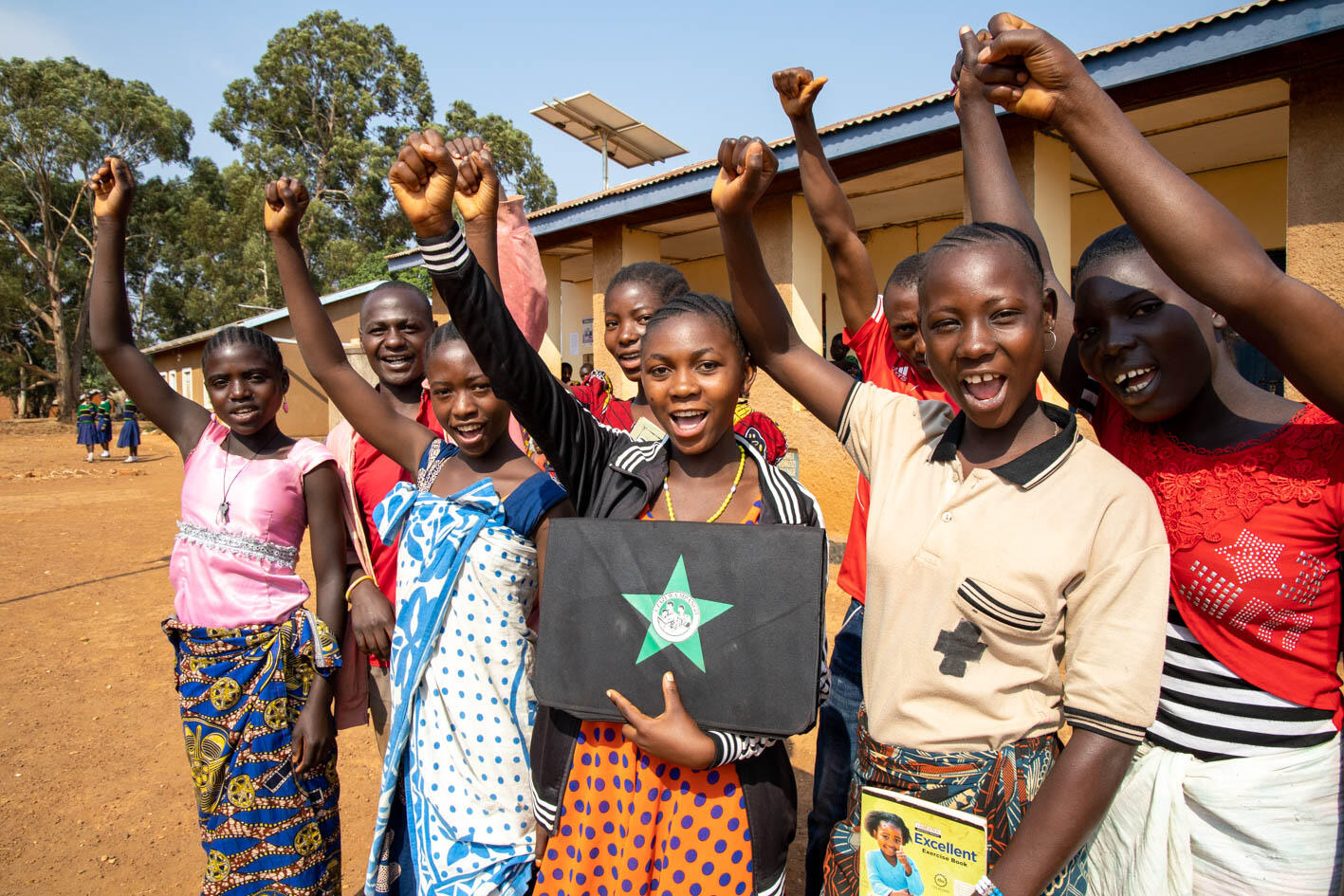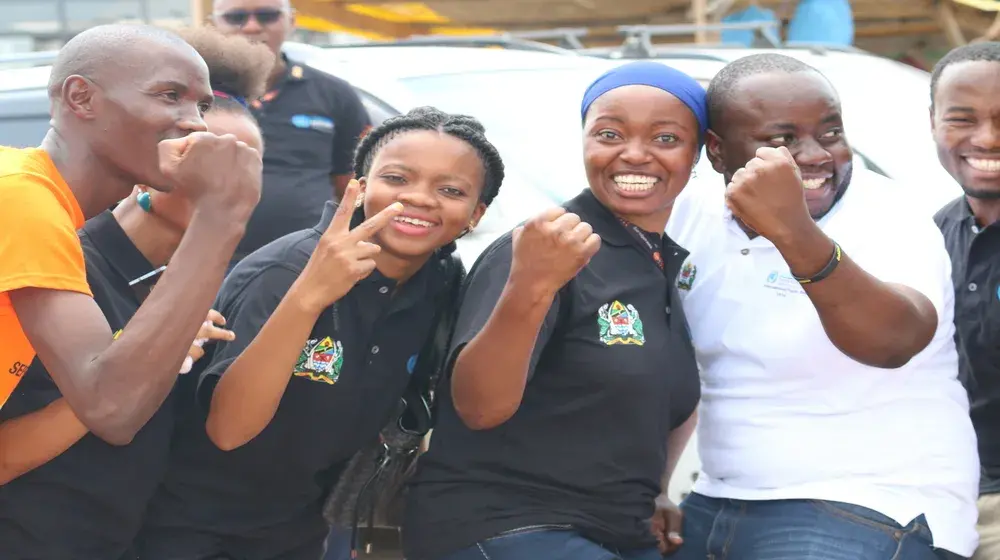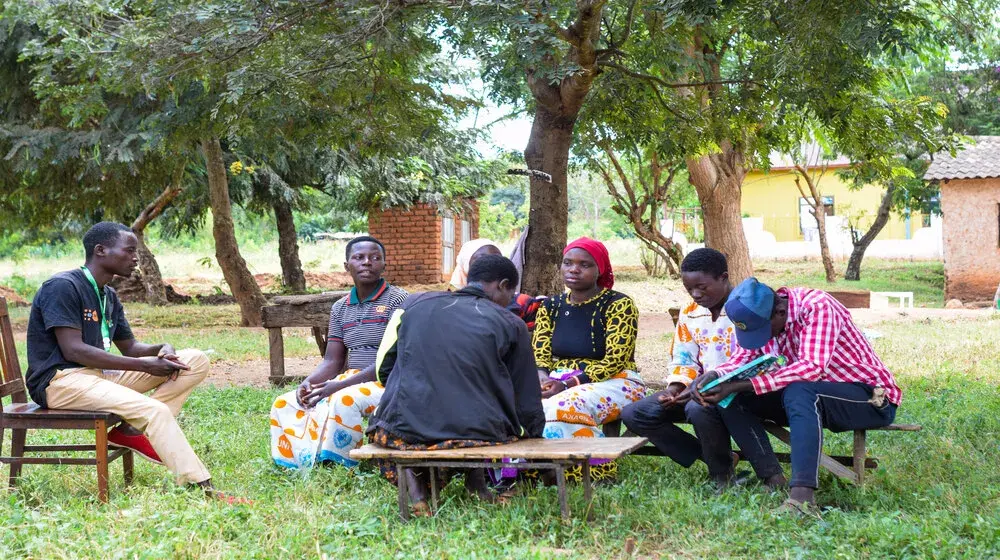“Many families in my village send their daughter to a friend’s or relatives house when she has her period”, says Aziah,* one of 650 adolescent girls and young women who have attended education sessions that promote healthy menstrual hygiene management (MHM) at Nyarugusu Camp youth centre. The sessions are part of activities under UNFPA’s four-year Ujana Wangu Nguvu Yangu – My Youth, My Power – project, funded by Irish Aid, which is responding to the unique sexual and reproductive health needs of young people and adolescents living in four districts of Kigoma Region – Kasulu DC, Kasulu TC, Kibondo DC and Kakonko DC – with targeted support to young people living in the three refugee camps: Nyarugusu, Nduta, and Mtendeli.
Puberty and menstruation can be confusing times for adolescents, particularly if they have no one to speak to at home or at school about the changes they are experiencing, and challenging for the girls of Kigoma where stigma and social norms mean that this healthy biological process can restrict their daily activities and lead to isolation. For many of the young girls the MHM sessions are the first opportunity they’ve ever had to openly discuss their periods, ask questions, and realize that it’s a normal part of their adolescence and lives. Zainab,* aged 14, now understands about the menstrual cycle and why she has periods, she says like many of her friends she used to miss school and stay at home during her monthly cycle. In addition to the sessions at Nyarugusu Camp youth centre peer educators have conducted MHM outreach for 519 adolescent girls and young women in Kasulu DC, Kasulu TC, Kibondo and Kakonko Districts.
Kagoma,* who recently attended a His Chance workshop in Kasulu, now understands that menstruation is a natural bodily function and that there is no reason why his mother or sister’s movements should be restricted during their period. Kagoma is one of 1,261 young men and adolescent boys – from the local community and from Nyarugusu Camp – who have been sensitized about MHM to create an environment in which boys and men challenge and change the culture of silence and shame that exists around menstruation and become champions and advocates for MHM rights and understanding.
Going into the second year of the Ujana project, efforts will be accelerated to build effective and sustainable MHM programmes to breakdown the taboos and silence that exist around menstruation which continue to disempower the girls of Kigoma, negatively affecting their education and health. The distribution of reusable sanitary pads – initially prioritized for adolescent girls in school in Nyarugusu Camp – will be expanded to include girls in local communities across all project districts, while period-friendly sanitation facilities will be constructed in schools so that every girl in Kigoma is supported and empowered to learn and reach her full potential.
* Name has been changed.





